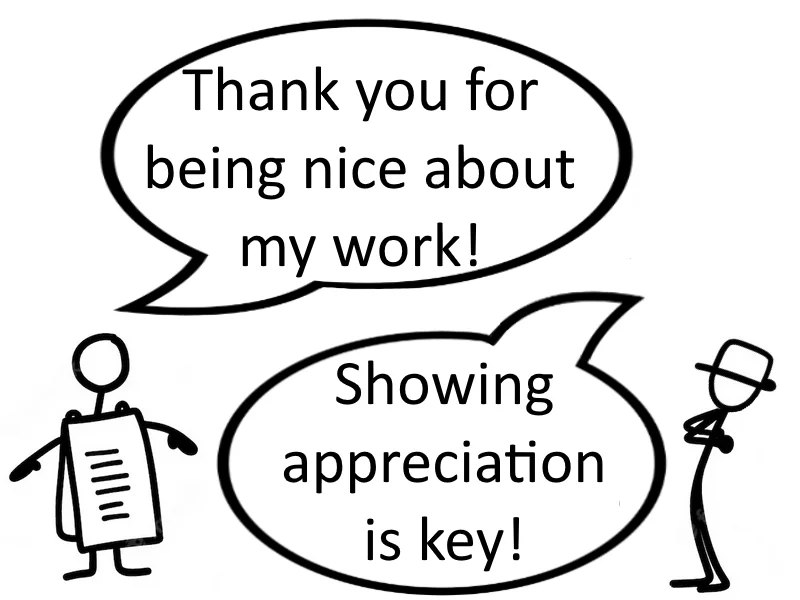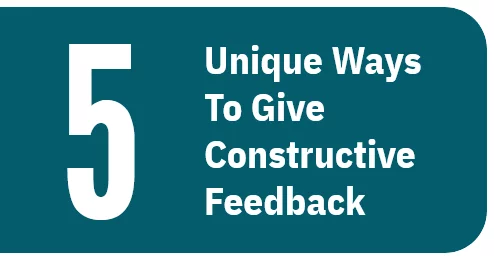
The Benefits Of Gratitude
Contents
Gratitude is a feeling of thankfulness or appreciation.
It makes us able to recognise the positive aspects of our lives and be thankful for them.
Gratitude is essential to our Line Manager training, showing it to others is key to running a successful team.
When life is hard, that is the best time to be grateful.
4 Benefits Of Gratitude
Giving and receiving gratitude leads to positivity and a raft of other benefits:
1. Emotional benefits:
Being grateful has wide-ranging beneficial effects on our emotional health.
Regularly practising gratitude will:
- Increase optimism
- Build resilience
- Improve self-esteem
- Decrease self-centredness
2. Social benefits:
Positive emotions resulting from being grateful make you less prone to imposter syndrome, and more friendly and sociable.
People who express appreciation have a wider social circle and better relationships.
Grateful people are more empathic and less aggressive. A study has confirmed that appreciation not only helps you get the social support you need to get through difficult times, but it lessens the need for social support in the first place.
3. Career benefits:
Gratitude is helpful throughout your career. As an employee, it helps to make you better at managing stress and depression.
As a manager, it makes you more handle team conflict better, and show your employees’ appreciation.
This encourages growth while empowering your employees to reach their potential.
4. Health benefits:
Gratitude also has positive effects on our physical health. It makes us healthier by
- Lowering blood pressure
- Decreasing pain
- Improving sleep
- Increasing exercise frequency
- Enhancing energy levels
When To Express Gratitude
The more grateful you are, the more you will enjoy the benefits of gratitude.
It will also make a huge positive impact on your team.
However, as with other habits, the usual rules apply:
- It is best to walk before you try to run.
Start by practising once a week. Set aside time each week to write down the positive things that happened to you.
- Consistency and quality are key.
You will feel the real benefits of gratitude if you can keep up your practice over a prolonged period of time and do the exercise carefully.
Rushing the process or not maintaining it will mean that you only enjoy a fraction of the benefits that you could have.
How Do I Start Expressing Gratitude?
Different people find that different methods of expressing gratitude suit them best. Let’s look at a few ways you could try.
-
Journaling:
This is one of the most popular gratitude practices. It is simply to write down things you are grateful for daily. Revisiting this journal will remind you of all of the good things that you’ve benefited from.
-
Give personalised gifts:
Taking the time to personalise a gift shows care and appreciation for someone else. It can be as simple as a handmade card.
-
Make a gratitude jar:
Get a jar and small pieces of paper. Whenever something good happens, write it down and put the paper in the jar.
Over time, you will collect happy memories. When you are feeling down, you then take a note from the jar to remind yourself of the good things that have happened.
-
Say “Thank You”:
Make it a habit to thank your co-workers and colleagues directly when they help you with something.
Conclusion
Gratitude helps in building our resilience.
Appreciating what we have means that we can keep being positive, instead of focusing on the negative.
We all have the ability to practice gratitude. We just need to look around and cherish what we have.
- Facebook: https://www.facebook.com/profile.php?id=100066814899655
- X (Twitter): https://twitter.com/AcuityTraining
- LinkedIn: https://www.linkedin.com/company/acuity-training/





